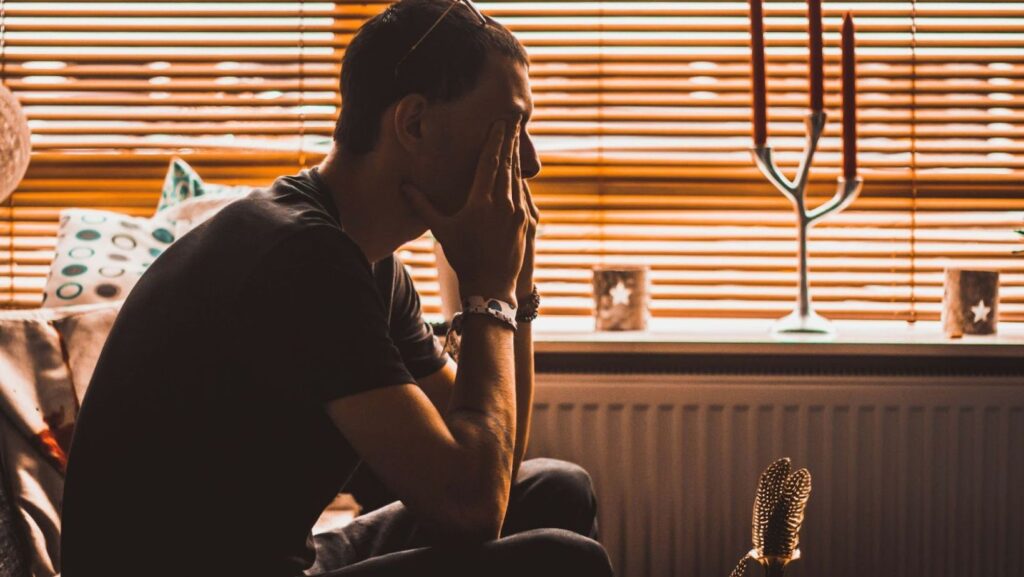Suppose you will drink alcohol heavily for several weeks, months, or even years. You might get both physical and mental issues when you stop or cut back on the amount of drink. This is known as alcohol withdrawal symptoms that range from mild to serious. But in case you drink only once in a while, there is very little chance that you will get withdrawal symptoms when you stop drinking. If you have gone through withdrawal symptoms only once, then there is a high chance you will go through it again next time when you quit it.
Alcohol has a depressive effect on your system that slows down the functioning of the brain and brings in changes in the way nerves send messages back and forth. With time, the central nervous system gets adjusted to have alcohol all the time. Your body will work hard to keep your brain and nerves awake and talking to one another. When the level of alcohol drops suddenly, your brain stays in that state. This is what causes withdrawal.
Alcohol Withdrawal Symptoms According To Timeline
The symptoms of alcohol withdrawal range from mild to serious, and what you will get largely depends on the amount of alcohol you drink and the duration.
Here are the symptoms based on how many hours you have stopped drinking alcohol
6 hours: Some mild symptoms start as early as 6 hours after you have down your glass. They are
- Anxiety
- Shaking hands
- Headaches
- Nausea
- Vomiting
- Sweating
12-48 hours: Some of the serious problems, which include hallucinations, start and can also include seizures within the first two days after stopping drinking. You will start seeing, feeling, and hearing things that are not there.

48-72 hours: Delirium tremens or DTs usually start in this timeframe. Here, you will experience serious symptoms that include hallucinations as well as delusions. Only 5% of those with alcohol withdrawal will have them. Some of them are:
- Confusion
- Racing heart
- Heavy sweating
- Fever
- Increased blood pressure
How To Diagnose Alcohol Withdrawal?
If your doctor thinks that you might be going through the withdrawal, they will ask questions about your drinking history and how you stopped. They will also wish to know if you have gone through withdrawal any time before. They will have discussions about your symptoms. While examining, they will also look for some other medical conditions to see if they can be blamed.
Alcohol Withdrawal Treatment
If you do not have any serious health conditions or any severe withdrawals in the past, you probably will not require any supportive environment for getting assistance. That involves
- A quiet place
- Soft lighting
- Less contact with people
- A positive environment
- Healthy food
- Lots of fluids
If you have decided to seek treatment, your doctor might give you recommendations on the kind of care you require. When your blood pressure, body temperature, and pulse are or if you have any more serious symptoms such as seizures as well as hallucinations, get medical care on an immediate basis. Your doctor will suggest inpatient care and drug treatment. Some of the common medications include benzodiazepines for helping in treating symptoms such as anxiety, seizures, and insomnia. You might also be given anti-seizure medicines along with antipsychotics along with other drugs.

How well a person responds to treatment is based on the intensity of damages caused and whether or not the person can stop drinking altogether. Alcohol withdrawal symptoms range from mild disorder to some serious and life-threatening conditions.
Alcohol withdrawal symptoms like changes in sleep patterns, mood swings, and fatigue might last for long periods. People who drink a lot might develop some health issues like liver, heart, and nervous system diseases. Many people going through alcohol withdrawal might recover fully, but in case delirium tremens occurs, death might occur.
When You Should Contact A Medical Professional?
Alcohol withdrawal is a serious condition that can rapidly become life-threatening. Seek medical attention or visit the emergency room if you think that you are getting alcohol withdrawal symptoms, especially when you are using alcohol most often and have stopped recently. Go for an appointment with the medical provider if the symptoms persist even after your treatment.
Go to the emergency room or call the local emergency number if in case fever, seizures, hallucinations, or severe confusion occur.
Prevention
To prevent getting alcohol withdrawal symptoms, try to decrease intake of alcohol. It is always the best option to stop drinking completely. The safest thing is complete and lifelong avoidance of alcohol.
